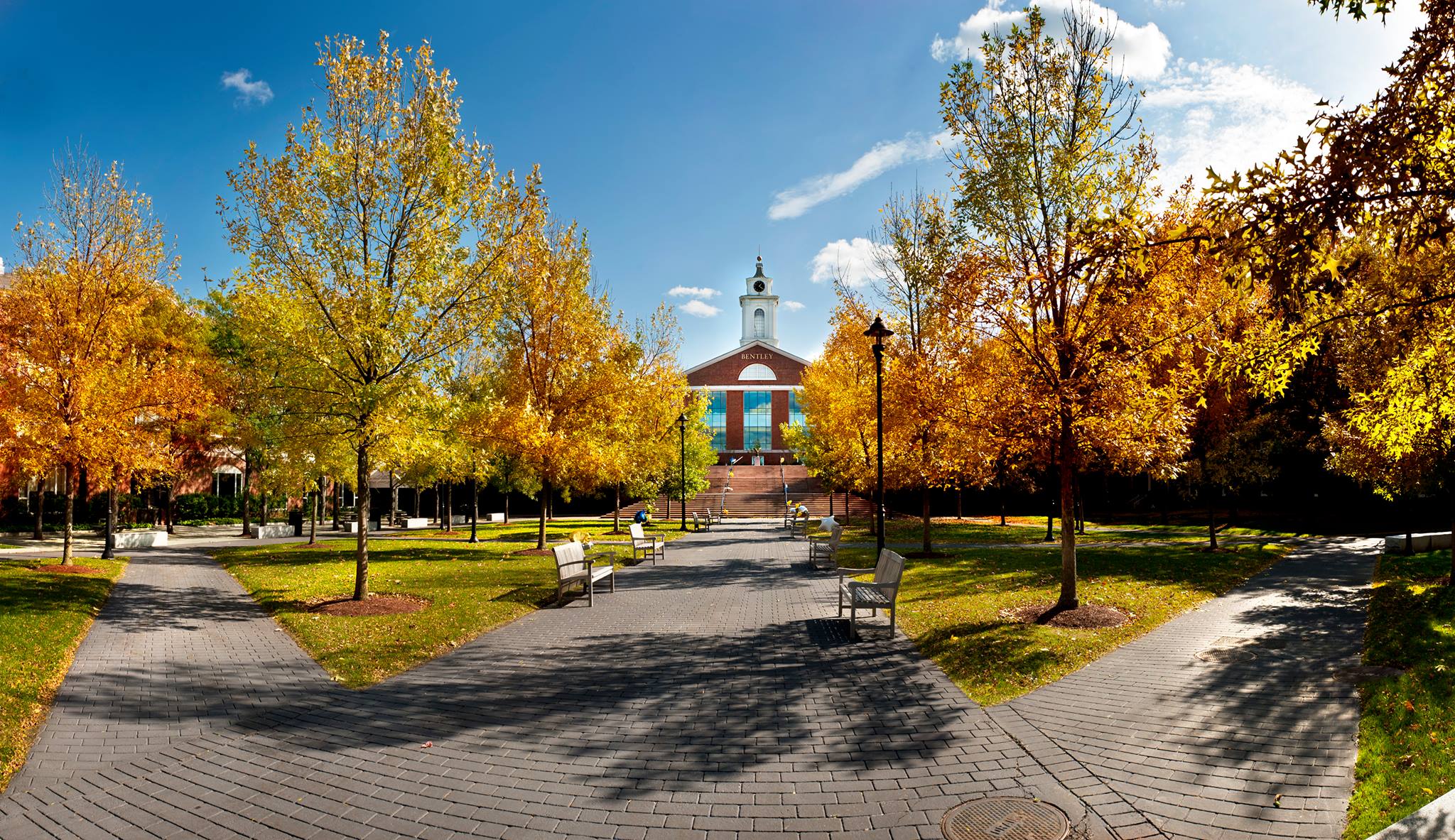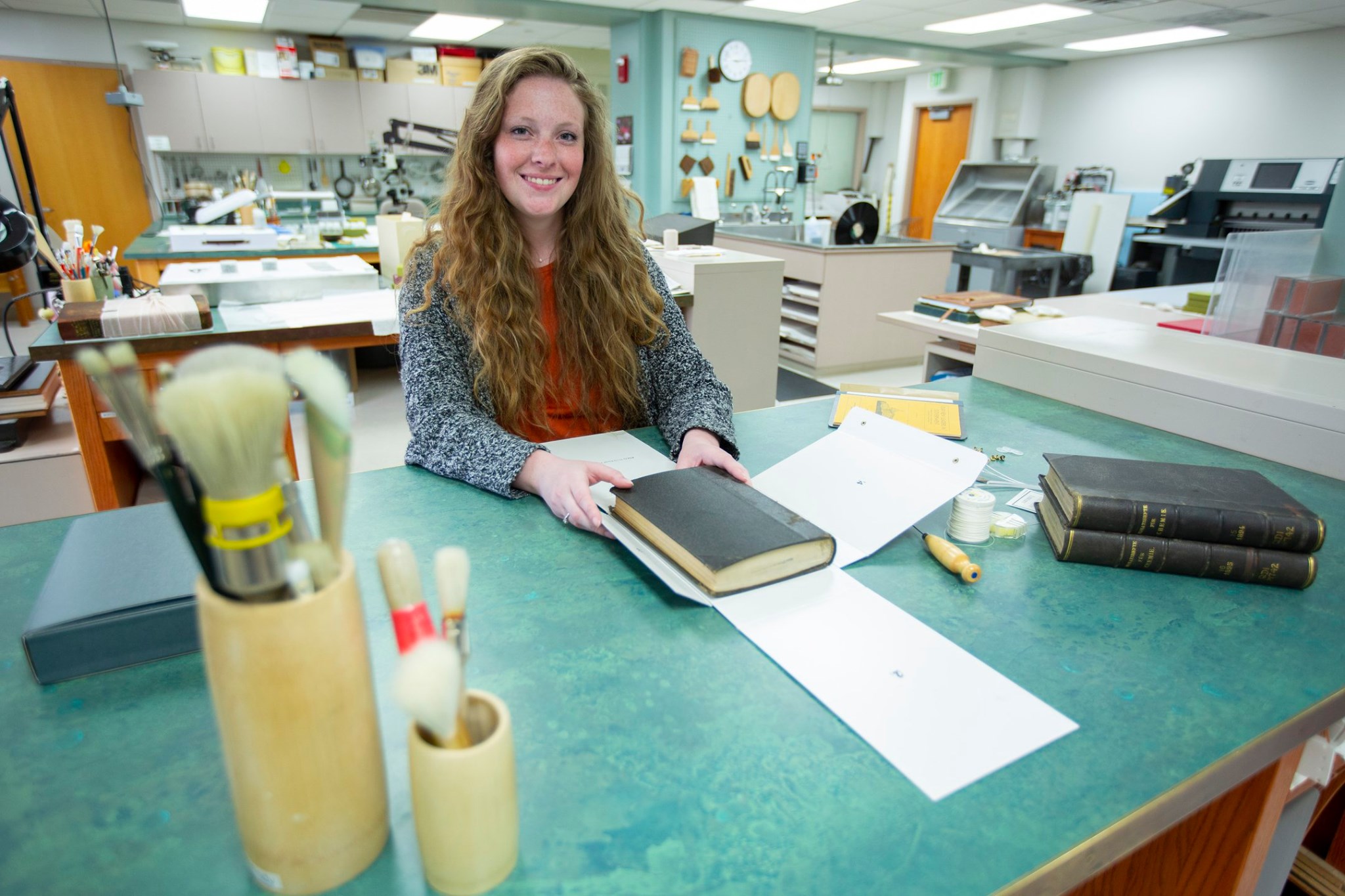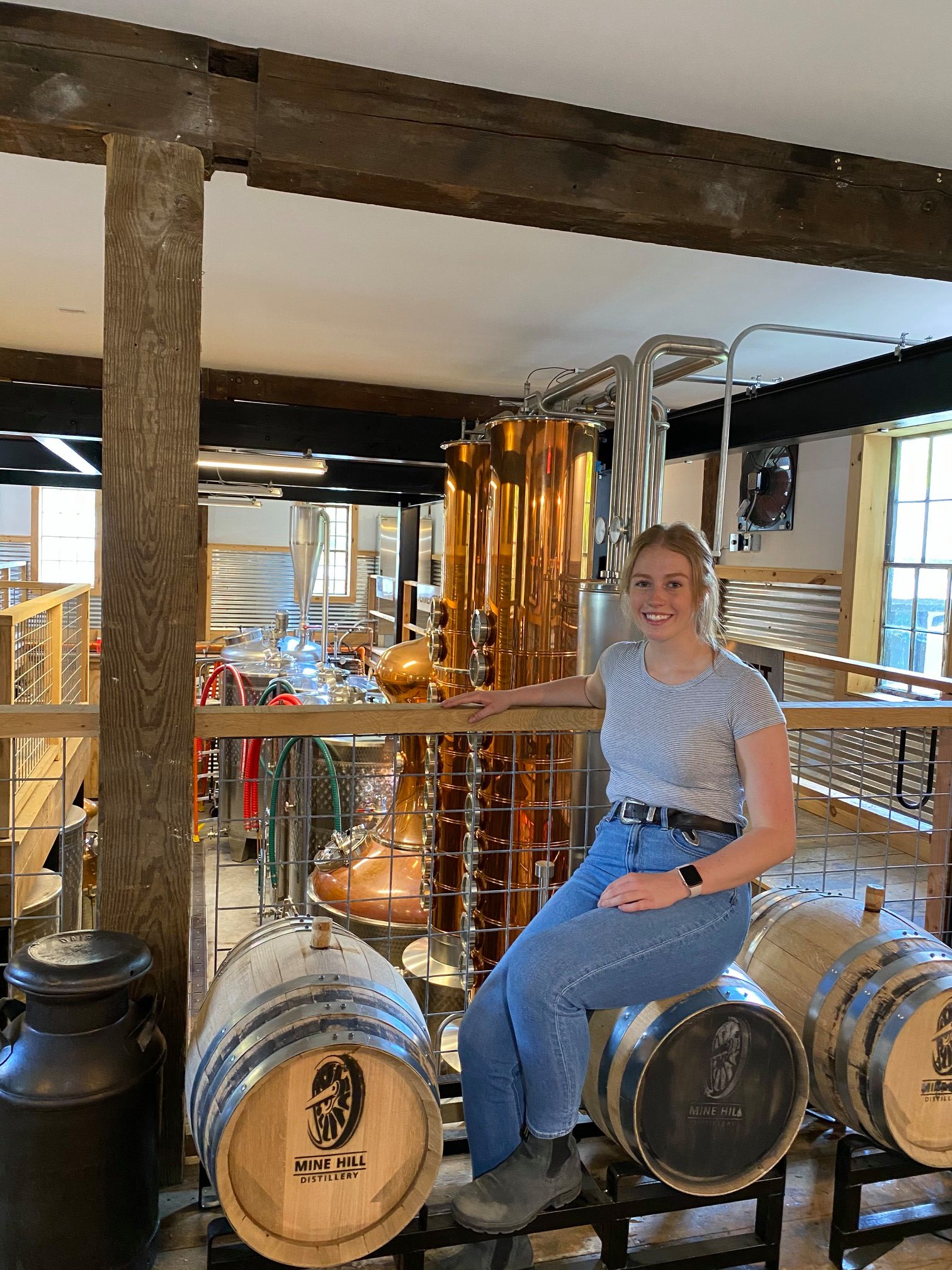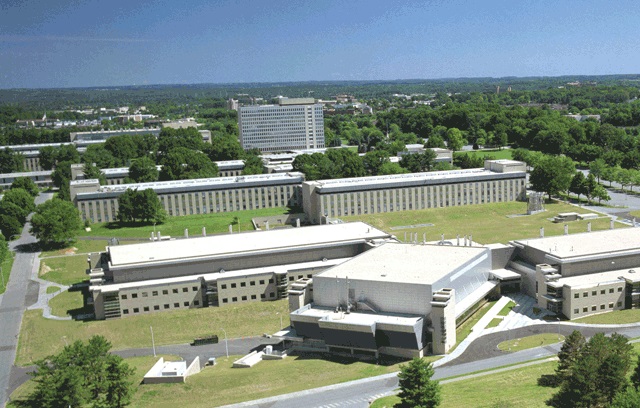Evensong “Lullaby”
- Home Page 52

Dutch Pea Soup (Erwtensoep)
This content is accessible to paid subscribers. To view it please enter your password below or send mike@standardsmichigan.com a request for subscription details.
Charcuterie
Charcuterie refers to a variety of cured meats, often accompanied by an assortment of cheeses, fruits, nuts, bread, and spreads. Originating from France, charcuterie was initially focused solely on prepared meat products, such as sausages, pâtés, and confits. Today, a charcuterie board is a popular way to serve an array of meats and complementary foods in a visually appealing and flavorful arrangement as demonstrated here for the Office of Alumni and Family Engagement by Alaura Westrol, Class of 2011.
Thank you to the Blue Devil Chefs for putting together charcuterie boards for the staff today! 👩🏻🍳👏🏻💙 #sayyestofcs #culinaryarts #bluedevils pic.twitter.com/GqCWrktgFQ
— Mrs. Hall (@CHFCS14) November 23, 2024
Thanksgiving Leftovers
“When a man makes an offering to strangers of food and drink,
he is honoring the gods who accompany travelers.”
— Plato, Laws (4th c. BCE)
Daviess County Bourbon
History: How Kentucky Became the World’s Bourbon Capital
Code of Federal Regulations: § 5.143 Whisky (Whiskey)
University of Kentucky College of Agriculture, Food and Environment
Pumpkin Pie
“There is no love sincerer than the love of food.”
– George Bernard Shaw
Related:
The Civilizational Crisis No One Expects
This content is accessible to paid subscribers. To view it please enter your password below or send mike@standardsmichigan.com a request for subscription details.
Lancashire Hotpot
Self-Insurance
This content is accessible to paid subscribers. To view it please enter your password below or send mike@standardsmichigan.com a request for subscription details.
New update alert! The 2022 update to the Trademark Assignment Dataset is now available online. Find 1.29 million trademark assignments, involving 2.28 million unique trademark properties issued by the USPTO between March 1952 and January 2023: https://t.co/njrDAbSpwB pic.twitter.com/GkAXrHoQ9T
— USPTO (@uspto) July 13, 2023
Standards Michigan Group, LLC
2723 South State Street | Suite 150
Ann Arbor, MI 48104 USA
888-746-3670



















